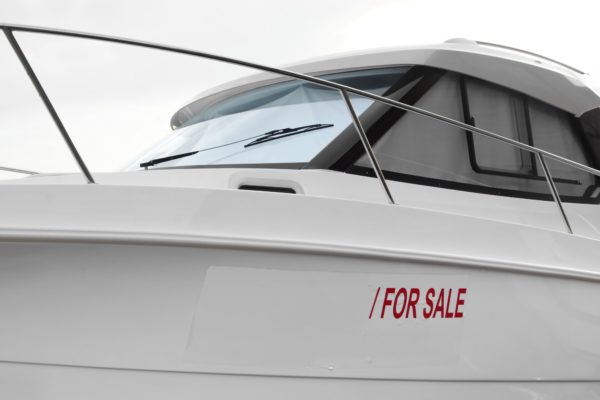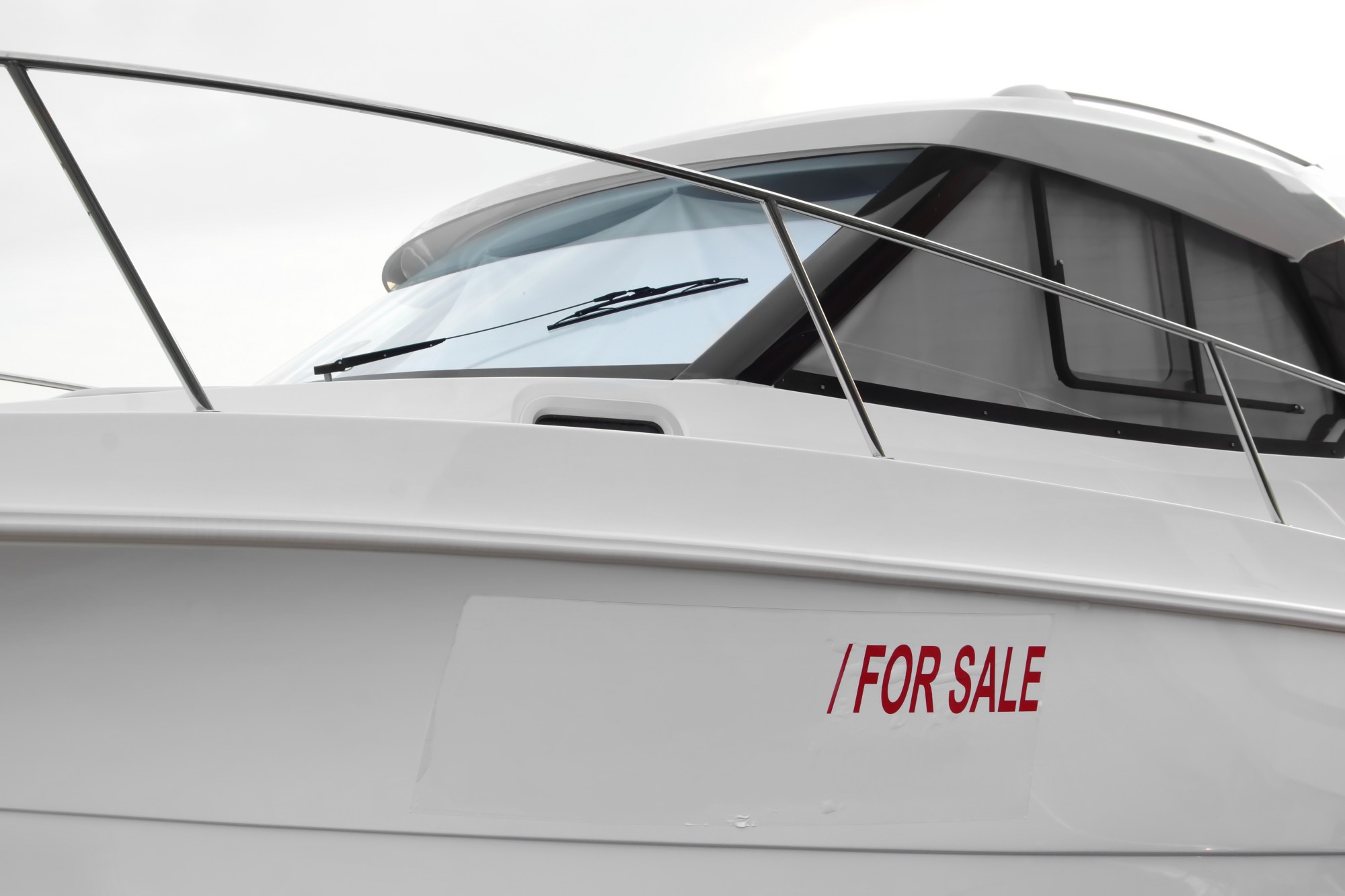Do you recall your last experience on a boat ride? It must have been epic! Now imagine owning a boat. It will give you a far better experience.
However, acquiring a boat can be hectic. You need to weigh your options and see if it’s worth buying a boat or renting one.
If you settle on buying a boat, here are some factors to consider.

1. Do You Want a New or a Refurbished Boat?
How much are you willing to spend on the boat? A new boat will cost you more, but it’s more advantageous.
You don’t have to worry about wear and tear for the first several years because all the parts are new.
Refurbished boats are cheaper than new ones. However, some have significantly depreciated and have limited functionality.
In case they have any malfunctioning parts, you’ll have to incur repair costs since it has no warranty. To avoid all this, get a trained mechanic to do a thorough inspection of the refurbished boat before you buy it.
2. What’s the Intended Use?
Why do you want to buy a boat? Boats have several uses that are widely categorized into commercial, security, research, sports, transport, and personal use. Look at the size of the boat and how it functions.
For instance, a family boat should be spacious and have compartments to store food and personal items needed for family vacations. It should also be designed to feel warm and homely. A sports boat should have a strong engine that supports sporting activities.
All the same, don’t limit yourself. Get a versatile boat that has multipurpose functions.
3. Size Matters!
The purpose of the boat dictates the size. A family boat requires more space compared to a two-person fishing boat.
An aluminium fishing boat with measurements ranging from 8-24 feet can comfortably hold eight people. At the same time, a multipurpose speedboat ranging from 16-24 feet can also hold the same number of people.
The occupancy, coupled with the purpose of the boat, should guide you when looking into the specifications of the boat you intend to buy.
4. How Many Times Will You Use the Boat?
How frequently will you use the boat? Every day, once in a week, month or two months? If you intend to use it frequently, then ‘it’s wise to purchase a new boat.
If you ‘aren’t a frequent user, consider other options such as buying a used boat or renting.
5. The Type of Boat
There are two common types of boats; sailboats and motor powered boats. Motor powered boats are easier to drive while the sailing boats usually rely on the wind.
The choice depends on personal preference. It also depends on what you intend to use the boat for. If you need a boat for a relaxing and quite fishing time, a sailing boat is better.
If you enjoy activities such as waterskiing, go for a motor powered boat.
6. Storage Is a Key Consideration
Where do you intend to keep your boat? This is one of the most important considerations to make. Some people may keep their boats on a trailer so they can explore various waterways. Others dock their boats at a home port marina.
The bigger the boat you buy, the stronger and larger the truck, trailer or car you will require to pull it while traveling.
If you end up getting a huge boat, keep in mind that you will hire professionals to move it. You might end up needing permits to move it to long distance locations.
During winter, it ‘won’t be possible to use your boat. So you need to factor the storage costs for such long periods.
7. Insurance Costs
Whether you intend to buy a new or refurbished boat, you must factor insurance costs. For that, you will need an agent who specializes in marine boat insurance.
When shopping for a boat, work with an agent because most of them have relationships with specific boat insurance companies, and they can help you get a good bargain on the boat and the insurance rates.
Also, remember that a boat’s insurance premium and coverage is directly affected by its size, cost of purchase, and the age.
Commercial boats are therefore relatively easy to be maintained. This is because money earned in their operations covers the insurance expenses, unlike non-commercial boats.
8. Payment Methods
Consider your financing options while buying a boat. You can pay cash, take a loan or pay in installments. Whichever way suits you, look at the interest rates and the payment period.
If ‘you’re thinking of paying in installments, keep in mind that different dealers have different requirements depending on the type, value and age of the boat you intend to purchase.
In most cases, depending on the cost of the boat, you will require an initial deposit.
If you decide to take a loan, consider the time you want to service it depending on how your income flows.
9. Do a Thorough Inspection of the Boat before Finalizing the Purchase
Buying a new boat? Make sure a trained mechanic conducts a thorough inspection to ensure everything meets all legal requirements.
You also need to be acquainted about maritime laws. Find out more here.
Ensure your boat has such things as lifejackets, a first aid kit, an equipped toolbox, a warranty, and of course ‘it’s insured.
Before buying a used boat, look out for the following:
1. Inspect for any signs of damage. If you come across cracking, moisture in fiberglass, flexing, and mould on the floor, don’t buy the boat. These are signs of an old and rotting boat.
2. Check the electronics work. Seized bilge pumps and burnt-out bulbs have affordable solutions. However, if multiple devices on the fritz don’t function, it could mean faulty wiring. If the engine overheats, that means trouble!
Ensure You Make an Informed Decision When Buying a Boat
Buying a boat is a significant lifetime achievement. You don’t want to make a mistake of purchasing a faulty, dysfunctional boat. Consult widely.
Shop until you find the one that suits your needs. It’s easier and better to get advice from a professional dealer.
Check out our blog posts to learn more about lifestyle decisions and don’t forget to bookmark our site to never miss a new post!
